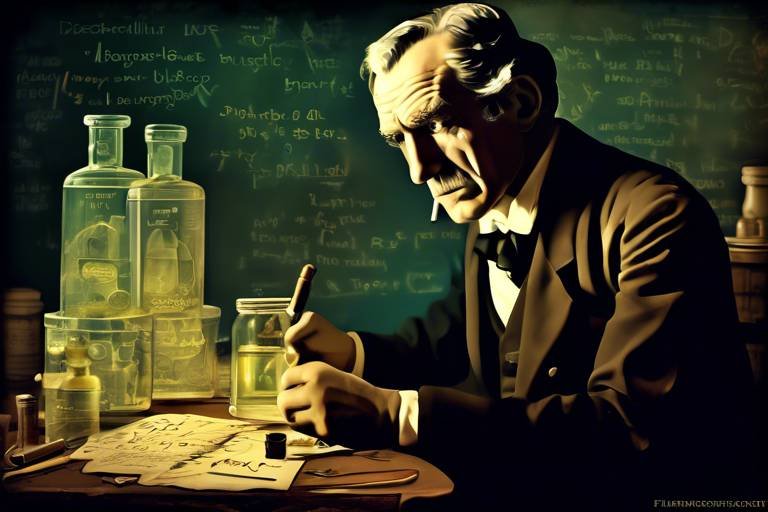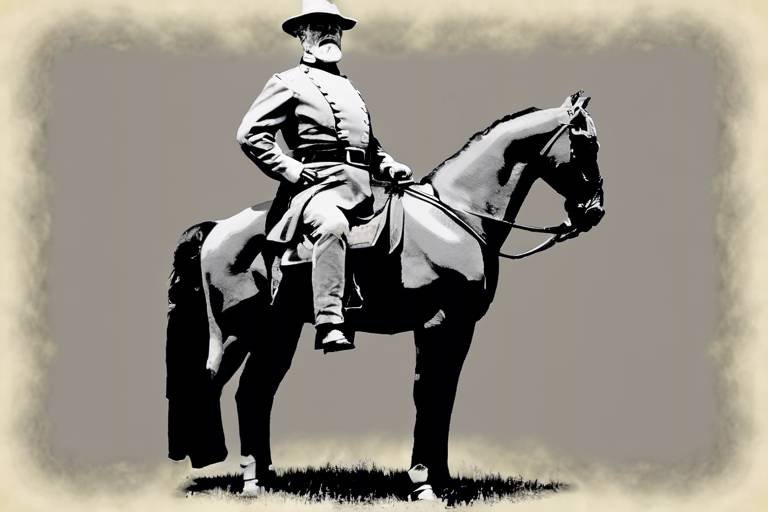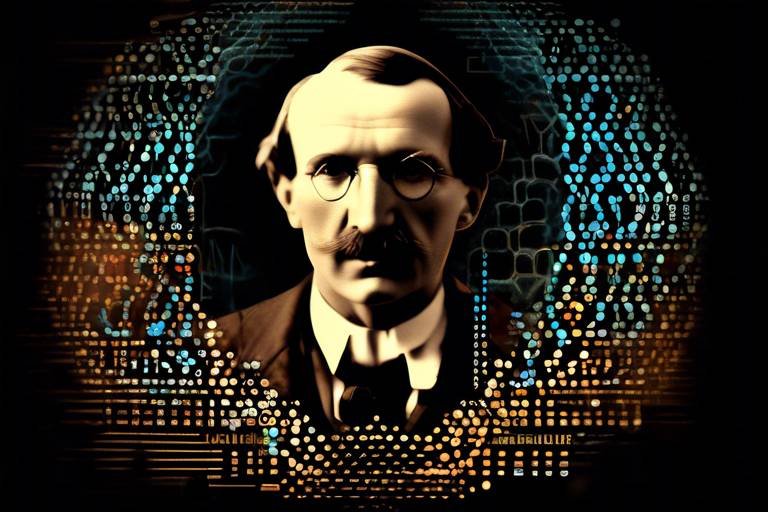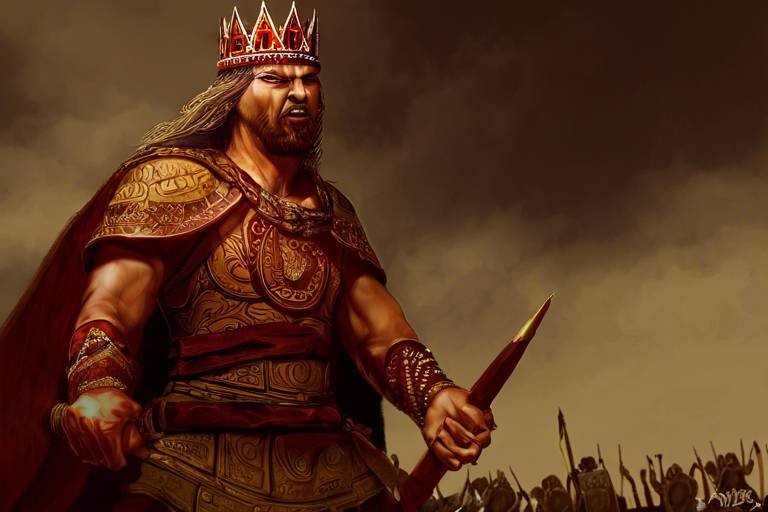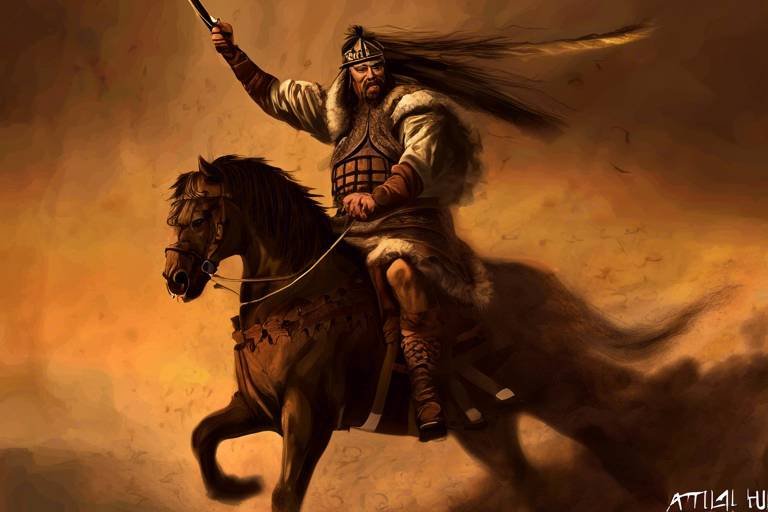Galileo: The Father of Modern Science
Galileo Galilei, known as the Father of Modern Science, was a trailblazing figure in the scientific revolution that reshaped our understanding of the universe. His pioneering work in astronomy, physics, and mathematics laid the groundwork for the scientific inquiry that continues to drive innovation today.

Early Life and Education
Galileo Galilei, often referred to as the "Father of Modern Science," was born in Pisa, Italy, in 1564. From a young age, Galileo showed a keen interest in mathematics and physics, which paved the way for his future scientific endeavors. His early education in these subjects laid a strong foundation for his later contributions to the fields of astronomy and physics.
Galileo's upbringing in a scholarly environment, with his father being a musician and a mathematician, exposed him to intellectual pursuits from an early age. He attended the University of Pisa, where he studied medicine initially but later shifted his focus to mathematics and natural philosophy. It was during his time at the university that Galileo began to question traditional beliefs and explore the workings of the natural world.
His curiosity and passion for observation led him to make significant discoveries in the realm of physics, particularly in the areas of motion and mechanics. Galileo's early experiments and studies laid the groundwork for his later groundbreaking work in astronomy, where he would revolutionize our understanding of the universe.
Despite facing financial struggles during his early career, Galileo's dedication to his studies and research never wavered. His relentless pursuit of knowledge and his innovative approach to scientific inquiry set him apart as a visionary thinker ahead of his time.
Galileo's early life and education not only shaped his own scientific journey but also had a profound impact on the course of scientific history. His intellectual curiosity and commitment to empirical evidence set the stage for a new era of scientific exploration and discovery.
Through his early experiences and education, Galileo laid the foundation for his future achievements, setting the stage for his transformative contributions to astronomy, physics, and mathematics.
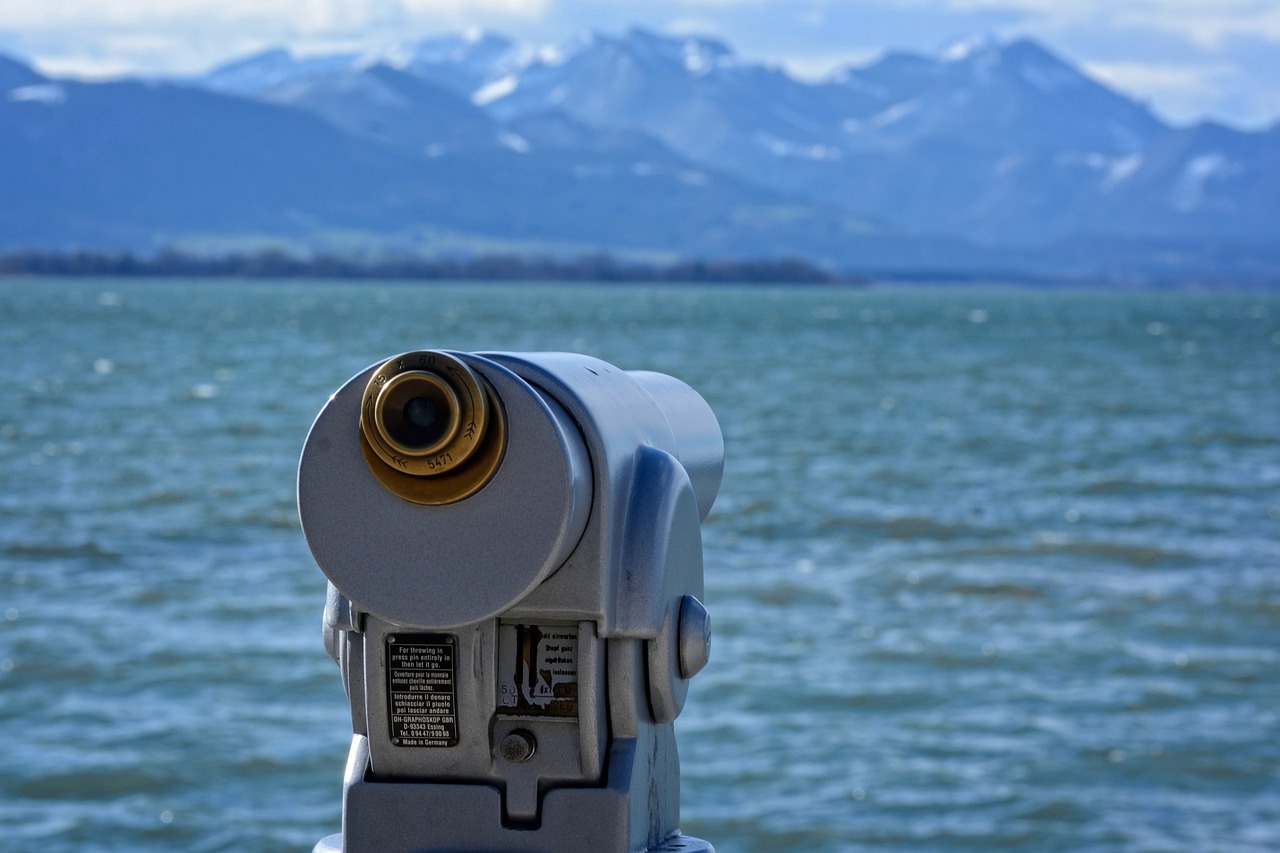
Telescopic Discoveries
Galileo's telescopic discoveries marked a turning point in the history of astronomy and scientific observation. Through his innovative use of the telescope, Galileo made groundbreaking observations that challenged existing beliefs about the nature of the cosmos. One of his most significant discoveries was the observation of the moons of Jupiter, now known as the Galilean moons. These moons orbiting Jupiter provided concrete evidence that not all celestial bodies revolved around the Earth, as was commonly believed at the time.
Furthermore, Galileo's observations of the phases of Venus provided additional support for the heliocentric model of the solar system proposed by Copernicus. By observing the changing phases of Venus, Galileo was able to demonstrate that Venus orbited the Sun, further contradicting the geocentric view of the universe held by the Catholic Church and prevailing scientific thought of the time.
Galileo's telescopic discoveries not only expanded our understanding of the cosmos but also laid the foundation for modern observational astronomy. His meticulous observations and detailed recordings set a new standard for scientific inquiry, emphasizing the importance of empirical evidence and direct observation in the pursuit of knowledge.

Conflict with the Church
Explore the life and contributions of Galileo Galilei, a prominent figure in the scientific revolution. Discover how his groundbreaking work in astronomy, physics, and mathematics laid the foundation for modern scientific inquiry.
Galileo's conflict with the Church stemmed from his support of the heliocentric model proposed by Copernicus, which placed the Sun at the center of the universe, challenging the geocentric view held by the Catholic Church. This clash of scientific theory with religious doctrine led to intense scrutiny and condemnation from the Church authorities. Galileo's steadfast belief in the heliocentric model, supported by his telescopic observations, put him at odds with the traditional teachings of the Church.

Experimental Method and Physics
Galileo Galilei, often referred to as the "Father of Modern Science," made significant contributions to the fields of physics and astronomy that laid the foundation for modern scientific inquiry. One of his most notable achievements was his development of the experimental method, a systematic approach to conducting scientific experiments to test hypotheses and theories.
Galileo's innovative use of experiments in physics revolutionized the way scientists studied the natural world. By carefully designing experiments to explore concepts such as motion, gravity, and mechanics, Galileo was able to uncover fundamental principles that would later form the basis of Newtonian physics.
One of Galileo's most famous experiments involved studying the motion of objects along inclined planes. Through meticulous observations and measurements, he was able to formulate the law of inertia, which states that objects in motion will remain in motion unless acted upon by an external force. This groundbreaking discovery challenged prevailing Aristotelian views on motion and paved the way for modern physics.
Galileo's approach to physics emphasized the importance of empirical evidence and observation in validating scientific theories. He believed that through careful experimentation and measurement, scientists could uncover the underlying laws governing the natural world. This emphasis on empirical evidence and the experimental method continues to be a cornerstone of scientific inquiry today.
In addition to his work in physics, Galileo also made significant contributions to the field of mechanics. His experiments with pendulums and falling bodies provided crucial insights into the behavior of objects in motion. By applying mathematical principles to his experimental observations, Galileo was able to develop a more comprehensive understanding of the laws governing motion and acceleration.
Overall, Galileo's pioneering work in experimental physics laid the groundwork for modern scientific inquiry and revolutionized the way scientists approach the study of the natural world. His emphasis on empirical evidence, observation, and experimentation continues to shape the practice of science today, inspiring future generations of scientists to explore the mysteries of the universe.
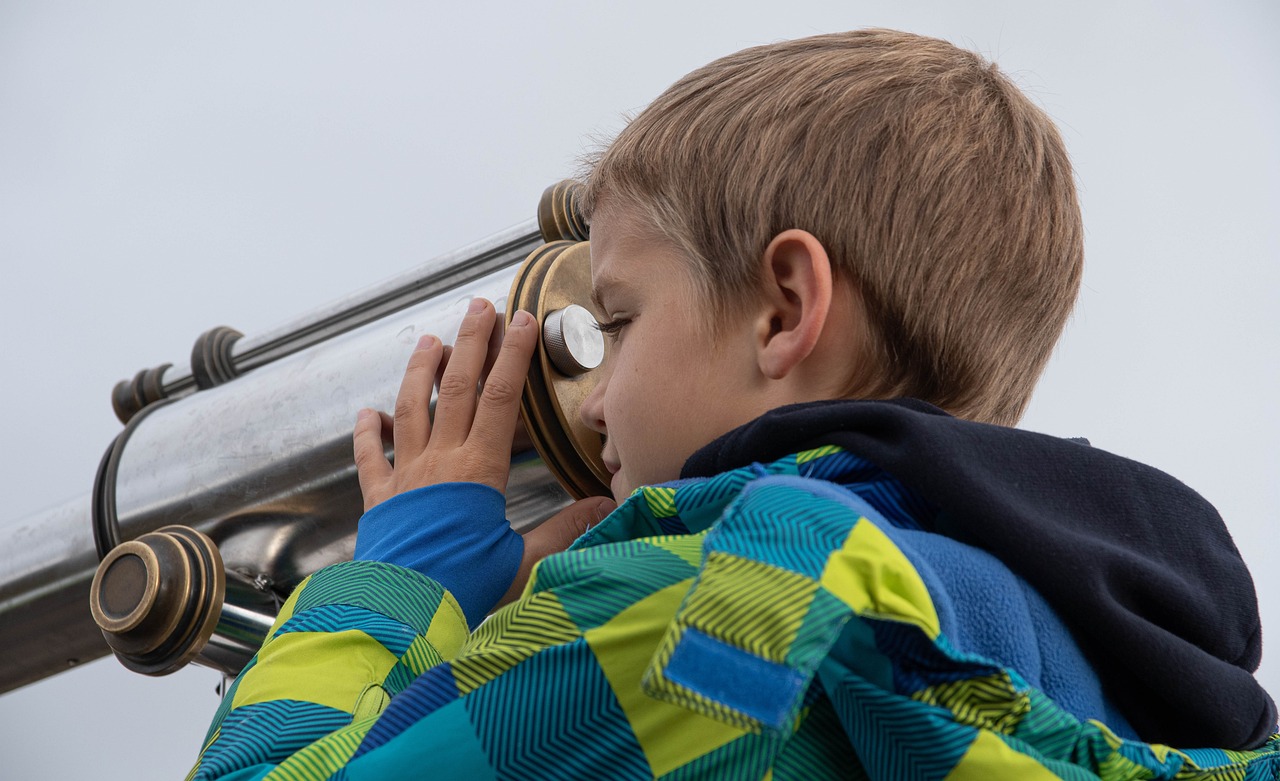
Mathematical Contributions
Galileo Galilei, known as the "Father of Modern Science," made significant mathematical contributions that continue to influence the fields of physics and engineering. One of his notable achievements was his work on the parabolic trajectory of projectiles. Through meticulous observations and calculations, Galileo developed a mathematical model to describe the curved path of objects in motion. This groundbreaking insight laid the foundation for the study of projectile motion and contributed to the development of modern ballistics.
In addition to his work on projectile motion, Galileo also introduced the concept of inertia, a fundamental principle in physics. By recognizing that objects in motion tend to stay in motion unless acted upon by an external force, Galileo revolutionized the understanding of motion and dynamics. His mathematical formulation of inertia provided a basis for Newton's laws of motion and became a cornerstone of classical mechanics.
Furthermore, Galileo's mathematical prowess extended to his investigations in mechanics and the study of gravity. Through rigorous experimentation and mathematical analysis, he made significant advancements in understanding the laws governing falling bodies and the behavior of objects in free fall. His mathematical equations describing the acceleration of objects due to gravity laid the groundwork for Newton's law of universal gravitation, shaping the course of modern physics.
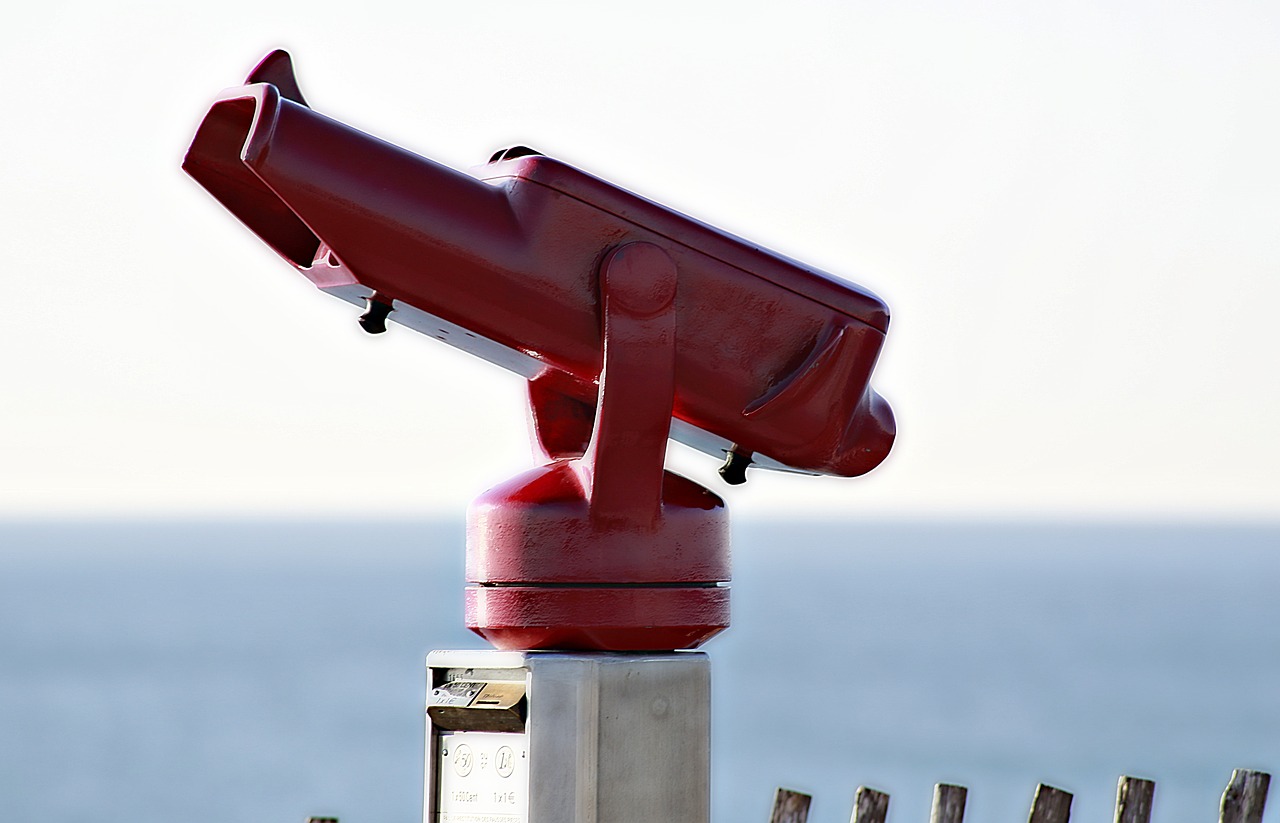
Legacy and Influence
Galileo Galilei's legacy in the world of science is nothing short of monumental. His pioneering work in astronomy, physics, and mathematics has left an indelible mark on the scientific community, shaping the way we understand the universe today. Galileo's relentless pursuit of knowledge and his unwavering commitment to the truth have inspired generations of scientists to push the boundaries of human understanding.
One of the most significant aspects of Galileo's legacy is his role in promoting the use of the scientific method. By emphasizing the importance of observation, experimentation, and logical reasoning, Galileo revolutionized the way scientific inquiry was conducted. His emphasis on empirical evidence laid the foundation for modern scientific research, setting a standard for rigorous investigation that continues to guide scientists to this day.
Furthermore, Galileo's discoveries challenged long-held beliefs and paved the way for new scientific paradigms. His observations through the telescope, such as the moons of Jupiter and the phases of Venus, provided compelling evidence in support of the heliocentric model of the solar system. This revolutionary shift in thinking not only expanded our understanding of the cosmos but also sparked a scientific revolution that would forever change the course of human history.
Galileo's influence extends beyond the realm of astronomy and physics. His mathematical insights, particularly in the study of motion and mechanics, have had a profound impact on the fields of physics and engineering. Galileo's work on the parabolic trajectory of projectiles and the concept of inertia laid the groundwork for future advancements in these areas, shaping the way we design and understand the world around us.
Today, Galileo's legacy continues to inspire scientists and researchers around the world. His dedication to the pursuit of knowledge, his commitment to truth and reason, and his willingness to challenge established beliefs serve as a beacon for those who seek to unravel the mysteries of the universe. Galileo's influence can be seen in every scientific discovery, every technological innovation, and every advancement that pushes the boundaries of human understanding.

Galileo's Publications
Galileo Galilei, known as the Father of Modern Science, left a lasting impact on the scientific world through his numerous publications. Among his significant works are Sidereus Nuncius and Dialogue Concerning the Two Chief World Systems. These publications revolutionized the understanding of the cosmos and challenged prevailing beliefs of the time. In Sidereus Nuncius, Galileo presented his observations of the moon's surface, the moons of Jupiter, and the phases of Venus, all made possible through his groundbreaking use of the telescope. This work marked a pivotal moment in the history of astronomy, providing concrete evidence for the heliocentric model.
In Dialogue Concerning the Two Chief World Systems, Galileo engaged in a philosophical debate on the nature of the universe, presenting arguments in favor of the heliocentric system proposed by Copernicus. Through a dialogue between three characters, Galileo eloquently defended the motion of the Earth and its place in the solar system. However, this publication also led to his condemnation by the Catholic Church, highlighting the contentious relationship between science and religion during the Renaissance.
Galileo's publications not only expanded the boundaries of knowledge but also sparked intense debates that reverberated throughout Europe. His willingness to challenge established authorities and present empirical evidence transformed the scientific landscape, paving the way for future generations of researchers to question, experiment, and discover.

Sidereus Nuncius
Explore the life and contributions of Galileo Galilei, a prominent figure in the scientific revolution. Discover how his groundbreaking work in astronomy, physics, and mathematics laid the foundation for modern scientific inquiry.
Learn about Galileo's upbringing in Pisa, Italy, and his early education in mathematics and physics. Explore how his academic pursuits and observations of the natural world shaped his scientific career.
Delve into Galileo's revolutionary observations through the telescope, including his discoveries of the moons of Jupiter and the phases of Venus. Understand how these findings challenged existing astronomical beliefs.
Examine Galileo's controversial support of the heliocentric model and his clashes with the Catholic Church. Learn about his trial and condemnation for advocating heliocentrism, a pivotal moment in the history of science.
Discover Galileo's contributions to the development of the scientific method and experimental physics. Explore his experiments on motion, gravity, and mechanics that laid the groundwork for Newtonian physics.
Investigate Galileo's mathematical achievements, including his work on the parabolic trajectory of projectiles and the concept of inertia. Learn how his mathematical insights influenced the fields of physics and engineering.
Reflect on Galileo's enduring legacy in shaping modern science and our understanding of the universe. Explore how his methods and discoveries continue to inspire scientific inquiry and innovation today.
Explore Galileo's major works, such as Sidereus Nuncius and Dialogue Concerning the Two Chief World Systems. Understand the impact of these publications on the scientific community and their role in advancing knowledge.
Learn about Galileo's later life under house arrest and his continued pursuit of scientific inquiry. Discover how his legacy persisted after his death and his profound impact on the development of modern science.
Sidereus Nuncius, also known as The Starry Messenger, is a pivotal work by Galileo Galilei published in 1610. In this groundbreaking publication, Galileo presented his telescopic observations, including the discovery of the four largest moons of Jupiter, now known as the Galilean moons. Additionally, he described the uneven surface of the moon, sunspots, and the Milky Way. Sidereus Nuncius revolutionized the field of astronomy by providing concrete evidence for the heliocentric model proposed by Copernicus.
Stay tuned for the frequently asked questions section!

and
Galileo Galilei, often referred to as the Father of Modern Science, was a pivotal figure in the scientific revolution that reshaped our understanding of the natural world. His groundbreaking work in astronomy, physics, and mathematics laid the foundation for modern scientific inquiry, challenging long-held beliefs and paving the way for future scientific advancements.

Dialogue Concerning the Two Chief World Systems.
The Dialogue Concerning the Two Chief World Systems is a pivotal work by Galileo Galilei that was published in 1632. In this book, Galileo presents a discussion between three characters: Salviati, who represents Galileo's own views, Sagredo, an impartial and open-minded observer, and Simplicio, a staunch defender of the Aristotelian geocentric model.
Through the dialogue format, Galileo contrasts the heliocentric Copernican system with the traditional geocentric Ptolemaic system, exploring the arguments for and against each model. He presents compelling evidence in favor of the heliocentric model, drawing on his own astronomical observations and experiments.
The Dialogue sparked controversy due to its direct challenge to the geocentric view endorsed by the Catholic Church at the time. Galileo's portrayal of Simplicio, who often represents the Church's position, led to accusations of heresy and ultimately played a significant role in his trial and condemnation by the Inquisition.
Despite the backlash, the Dialogue Concerning the Two Chief World Systems remains a landmark work in the history of science, contributing to the eventual acceptance of the heliocentric model and paving the way for the scientific revolution that followed.

Understand the impact of these publications on the scientific community and their role in advancing knowledge.
Galileo's major works, such as Sidereus Nuncius and Dialogue Concerning the Two Chief World Systems, have had a profound impact on the scientific community and the advancement of knowledge. These publications challenged prevailing beliefs and paved the way for new scientific paradigms. Sidereus Nuncius, in particular, presented Galileo's telescopic observations of the moon's surface and the moons of Jupiter, revolutionizing the understanding of celestial bodies. This work not only expanded the boundaries of astronomy but also sparked a wave of curiosity and exploration in the scientific community.
Similarly, Dialogue Concerning the Two Chief World Systems ignited debates and discussions within the scientific community by advocating for the heliocentric model proposed by Copernicus. This publication not only questioned the geocentric view endorsed by the Catholic Church but also emphasized the importance of empirical evidence in shaping scientific theories. Galileo's bold assertions in this work challenged the status quo and encouraged critical thinking among scholars, ultimately leading to significant advancements in astronomical understanding.

Galileo's Final Years and Death
As Galileo entered his final years, he found himself under house arrest by the Catholic Church. Despite this restriction, he continued his scientific pursuits, focusing on writing and studying. During this period, he worked on his last major work, "Discourses and Mathematical Demonstrations Relating to Two New Sciences," which delved into the principles of mechanics and the strength of materials.
Throughout his confinement, Galileo maintained correspondence with fellow scholars and continued to engage in intellectual debates. His influence extended beyond his physical limitations, as his ideas and discoveries continued to shape the scientific landscape.
Galileo's health declined in his later years, and he eventually passed away on January 8, 1642, at the age of 77. His legacy, however, lived on, leaving an indelible mark on the development of modern science and inspiring generations of scientists to come.
Frequently Asked Questions
- What were Galileo's major contributions to modern science?
Galileo Galilei made significant contributions to various fields, including astronomy, physics, and mathematics. His telescopic discoveries, support for the heliocentric model, development of the experimental method, and mathematical insights laid the foundation for modern scientific inquiry.
- Why did Galileo face conflict with the Catholic Church?
Galileo's support for the heliocentric model, which contradicted the geocentric beliefs held by the Church at the time, led to his conflict with the Catholic Church. His advocacy for heliocentrism and refusal to retract his views resulted in his trial and condemnation by the Inquisition.
- What were some of Galileo's most famous publications?
Galileo's major works, such as "Sidereus Nuncius" and "Dialogue Concerning the Two Chief World Systems," were instrumental in advancing scientific knowledge. These publications presented his astronomical observations and defense of the heliocentric model, sparking debates within the scientific community.
- How did Galileo's legacy impact the development of modern science?
Galileo's legacy continues to influence modern science by inspiring a commitment to empirical observation, experimentation, and mathematical analysis. His methods and discoveries set a precedent for future scientists and contributed to the evolution of scientific thought and methodology.
- What was the significance of Galileo's experiments on motion and mechanics?
Galileo's experiments on motion, gravity, and mechanics revolutionized the field of physics by challenging Aristotelian principles and laying the groundwork for Newtonian physics. His observations and calculations provided empirical evidence for the laws of motion and the concept of inertia.



